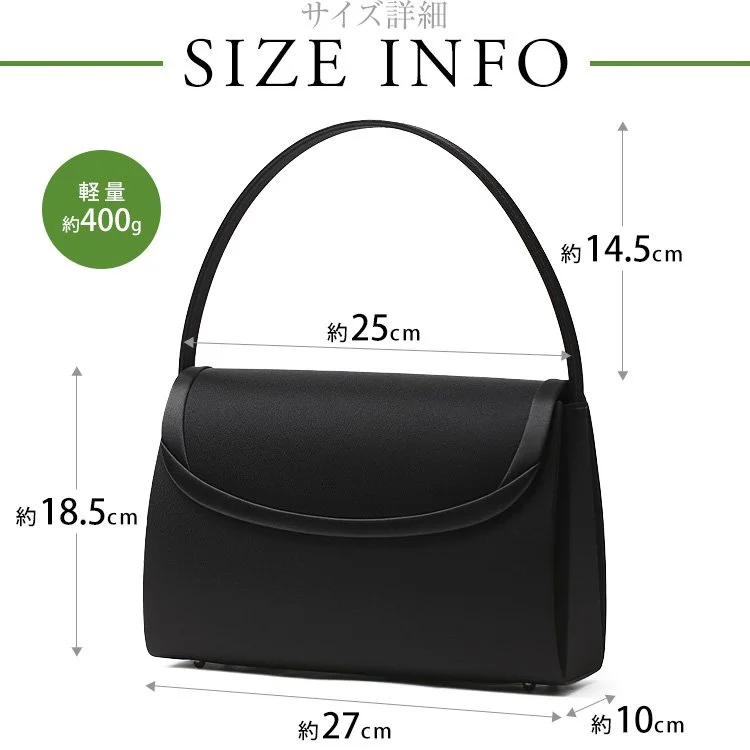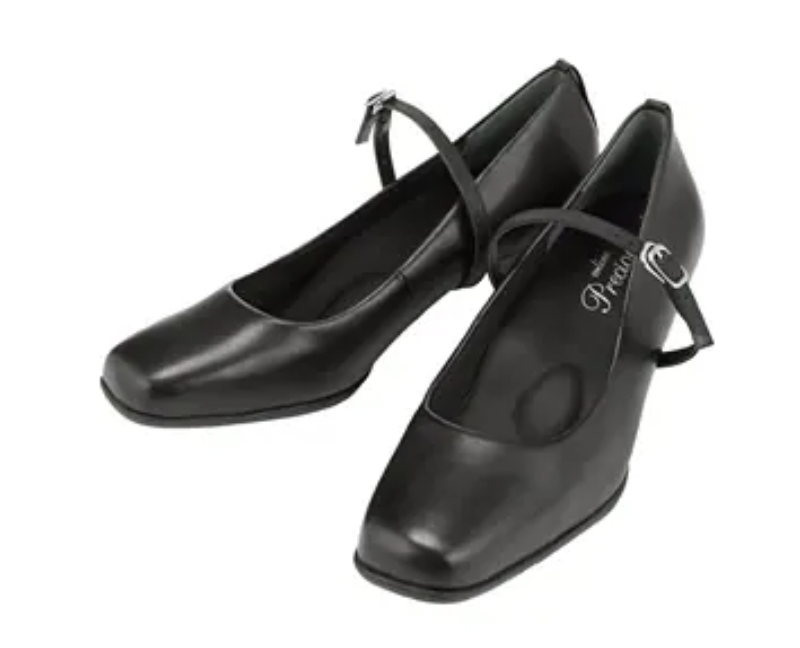How to dress for a funeral in Japan (ladies)
You are expected to follow the dress code. This is the ultimate challenge where the manners that you should know as an adult are tested. It’s a lot of unwritten rules with lots of symbolism and meaning, so let me help you out.
This type of dress code is categorized as “Black Formal,” in the case of condolences. “To dress black” means “to dress heavy” for the occasion.
Makeup
Keep it light, neutral, natural and conservative
Definitely come wearing make up, but make sure it’s the “No make-up make-up look”
No glossy, No color. That means highlighters, funky eye shadow colors and contouring! Def no fake lashes.
Accessories
Necklace and earrings of something circular. Nothing stacked. Each ball represents an misfortune
Acceptable: Black or white pearls, onyx, obsidian, black coral, black tortoiseshell
You are allowed to wear your wedding ring only (no other rings)
Purse
Size: small to medium
Nothing shiny
Must be completely black all around
No brands
Latch must not be flashy
No keychains or bells
Stocking
Color: Black or skin color
Don’t expose skin especially at a funeral
Tip: Keep an extra one in your bag just in case it rips! This is an important event where everyone is checking each other out to see who came prepared… unless they’re too busy grieving.
Shoes
Fabric: Cloth, smooth leather, or calf leather
Nothing shiny, no enamel, no glitter, no embossed leather (i.e. reptile patterns and prominent metal fittings)
Black all around
No pin heels because it makes a sound
Wear shoes that don’t make a sound. It’s distracting.
Gloves
No flashy nail art
If you can’t or won’t take it off, wear black gloves
Take off gloves when you do the incense throwing
Coat
Color: Black or dark color
Remove when entering the ceremony hall
Outfit
Choose the length of the skirt from the knee length to the ankle
Nothing flowy or hems/sleeves that are lacey, has ribbons, mermaid tail etc.
Or you can opt for a “Mofuku” (喪服) or kimono for funerals
it has to be this specific one with 5 Kamon symbols, no fancy designs
Prayer beads | 数珠
Japanese people tend to live and believe in the Buddhist way, whether they realize it or not. Buddhism celebrates the cycle of life, death and afterlife, so funerals are commonly held at temples. On the other hand, shrines celebrate happier life events like weddings or baby showers or 7-5-3.
Buddhist prayer beads are called “juzu” (数珠) in Japanese.
Bring your own if you can. Available at 100 yen shops like Daiso.
Condolence Money | 香典 & 福砂
kōden (香典) is condolence money for the family of the deceased.
Unwritten rule: 10,000 yen for relatives, 5,000 yen for bosses, friends, and neighbors at work, and 3,000 yen for colleagues and friends' families. This is to help pay for the funeral. The closer you are to the family, the more money you are obligated to give.
Best to give odd numbers and avoid “4” which is the word for the number in Japanese is pronounced as “shi”, which has the same pronunciation as the Japanese word for “death”.
Put the money in the black and white envelope (not the red and white one!) which you can purchase at any 100 yen shop.
DO NOT USE NEW BILLS!
This is based on the belief that, as new bills have to be prepared in advance, if you have them ready, it might mean that you have predicted the death.
However, if you only have new bills at hand, fold it to make some creases but don’t crumple it.
In the envelope there is another small envelope, where you put the money in. Write the amount on the front of the inner envelope and your name and address on the back, then place it in the larger envelope that’s decorated.
Wrap the condolence envelope in a cloth called the fukusa (福砂). Purple, green, gray, navy are ok. There is a proper way to wrap it so stay tuned for a video demo! Or if you got the envelope style, that’s honestly easier.













